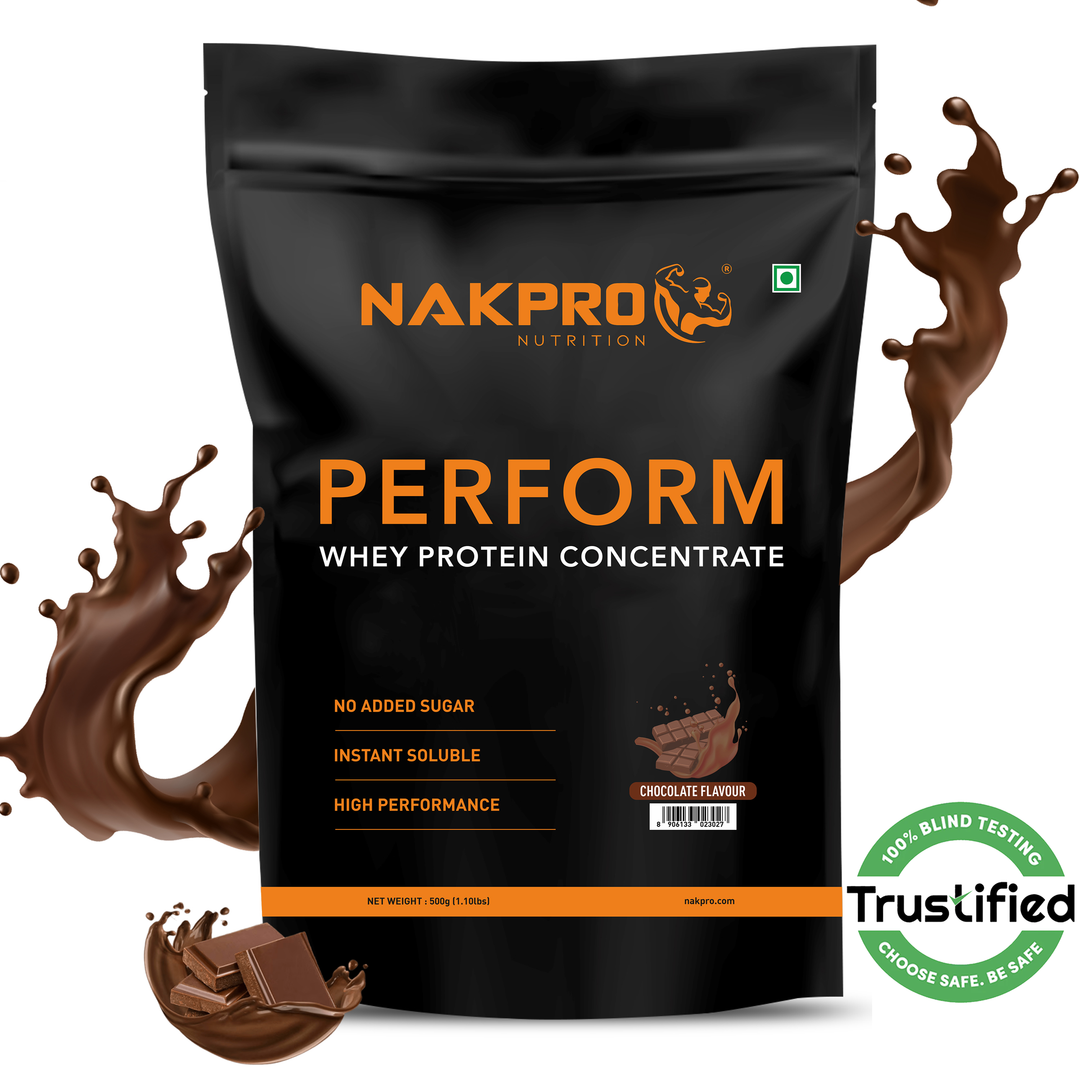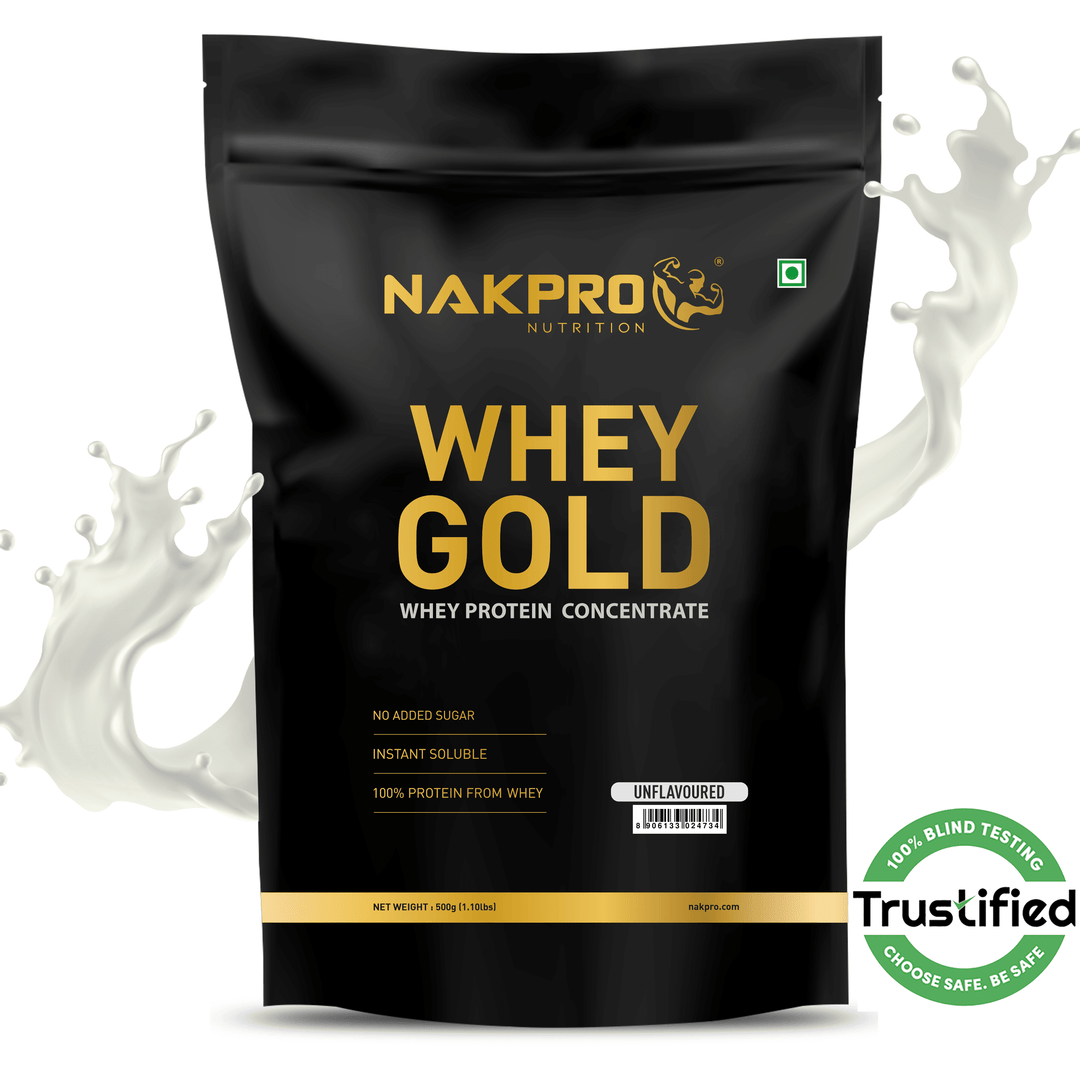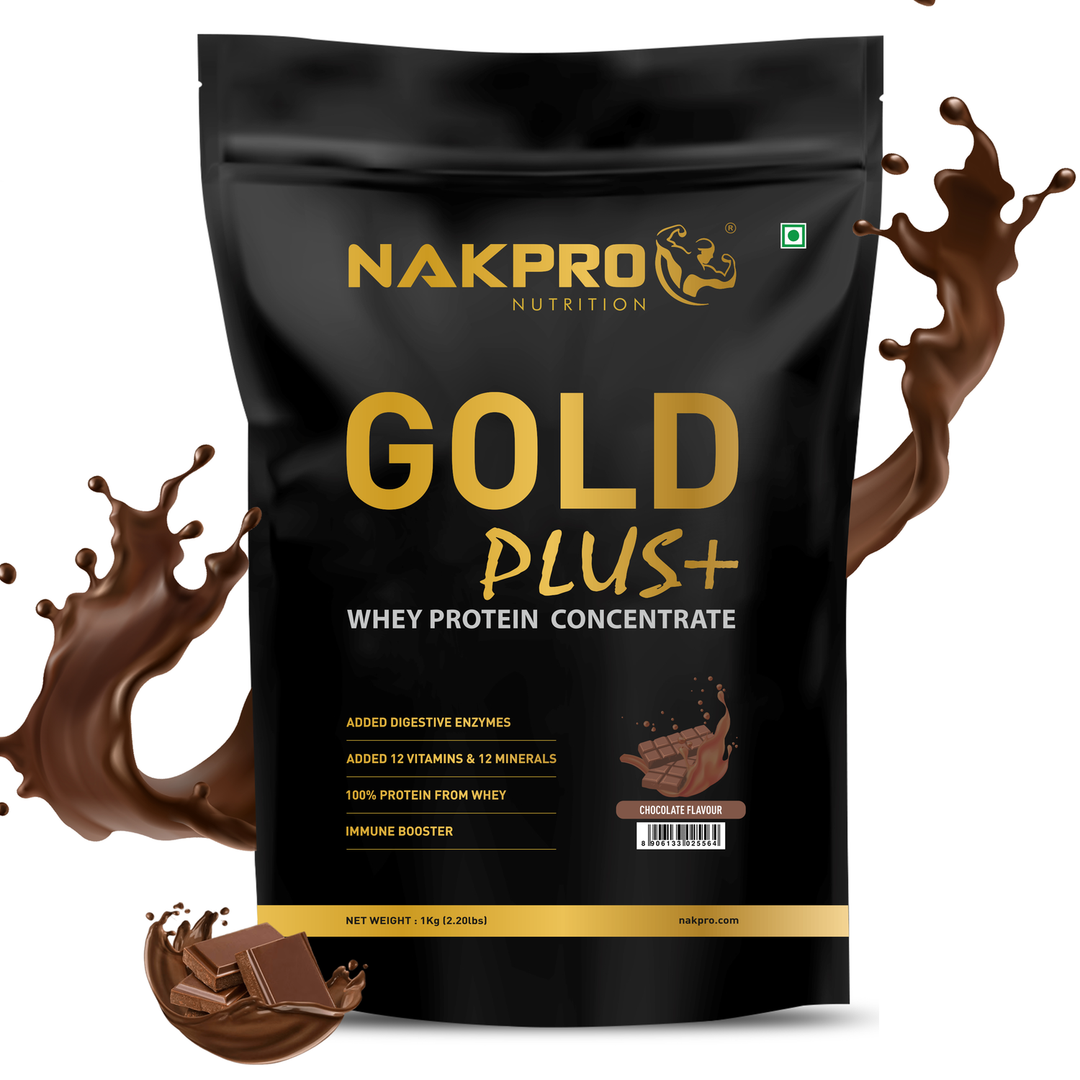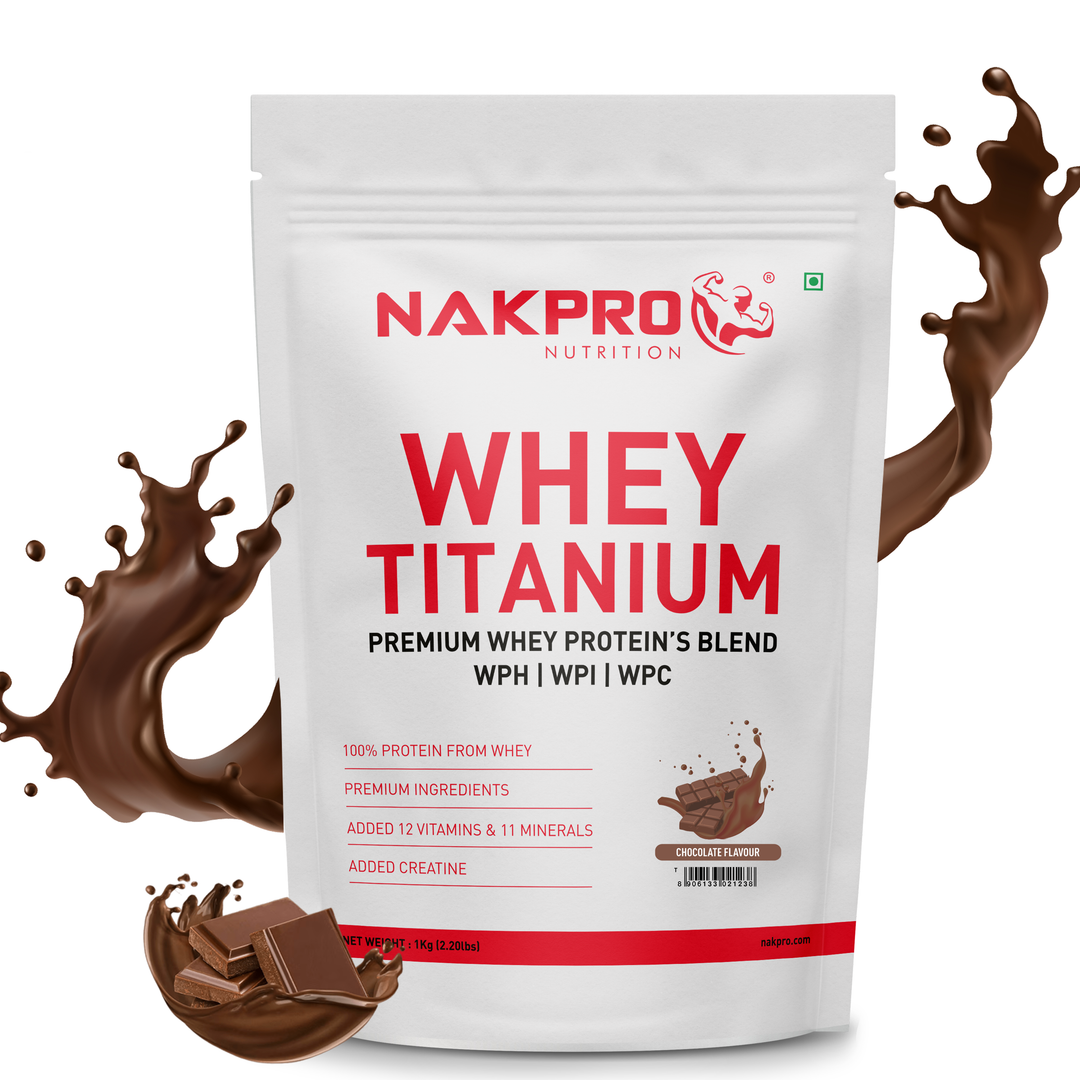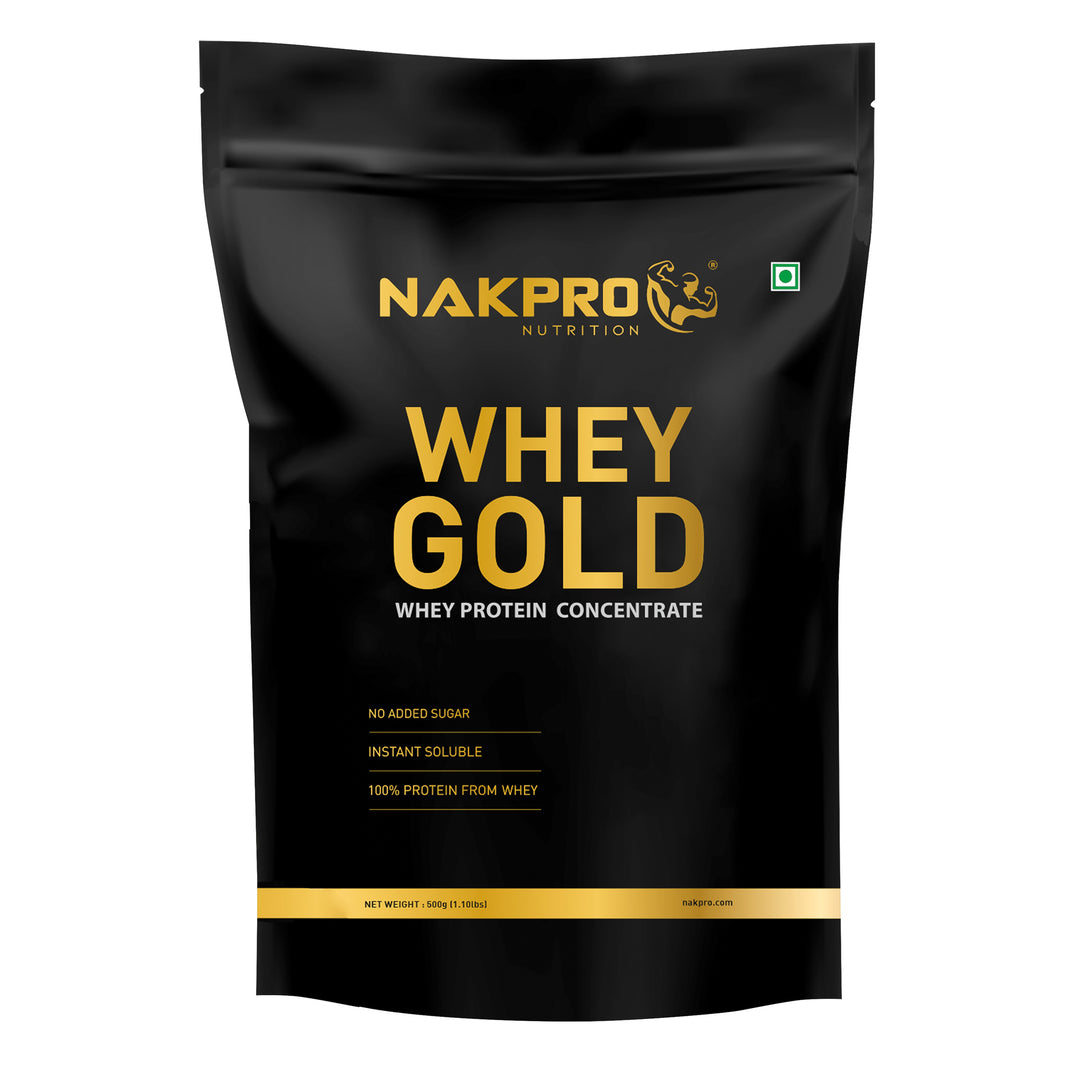Frequently Asked Questions:
Protein Content:
Concentrate: Contains around 70-80% protein.
Isolate: Typically has a protein content of 90% or more.
Lactose and Fat Content:
Concentrate: May have moderate levels of lactose and fat.
Isolate: Generally has very low to negligible lactose and fat.
Digestibility and Absorption:
Concentrate: May cause some digestive issues due to the presence of lactose and fat.
Isolate: Quickly absorbed and broken down by the body
Whey protein concentrate contains residual lactose, which may cause stomach discomfort for those who are lactose intolerant, and for people with severe intolerances, can prefer whey protein isolate or hydrolyzed because they have lower lactose levels.
As whey protein comes from milk, it is generally fine for vegetarians who eat dairy products but not for vegans. For vegetarians and vegans, there are plant-based protein substitutes like rice protein, hemp protein, pea protein, and soy protein that have advantages over whey protein.
Athletes and Fitness Enthusiasts: Seek muscle growth, repair, and recovery.
Higher Protein Needs: Athletes, all ages, and post-illness recovery.
Weight Management: Calorie reduction, muscle mass maintenance, and satiety.
Vegetarians and Vegans: Whey for vegetarians, plant-based for vegans.
Specific Health Goals: Bone health, immune support, blood sugar control.
_
